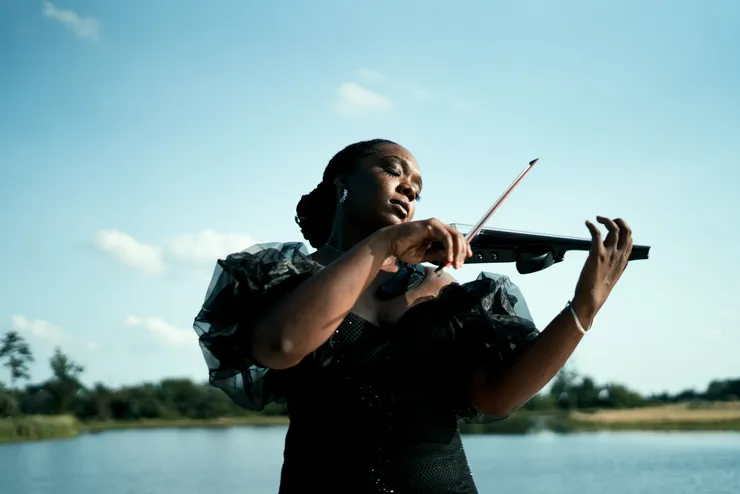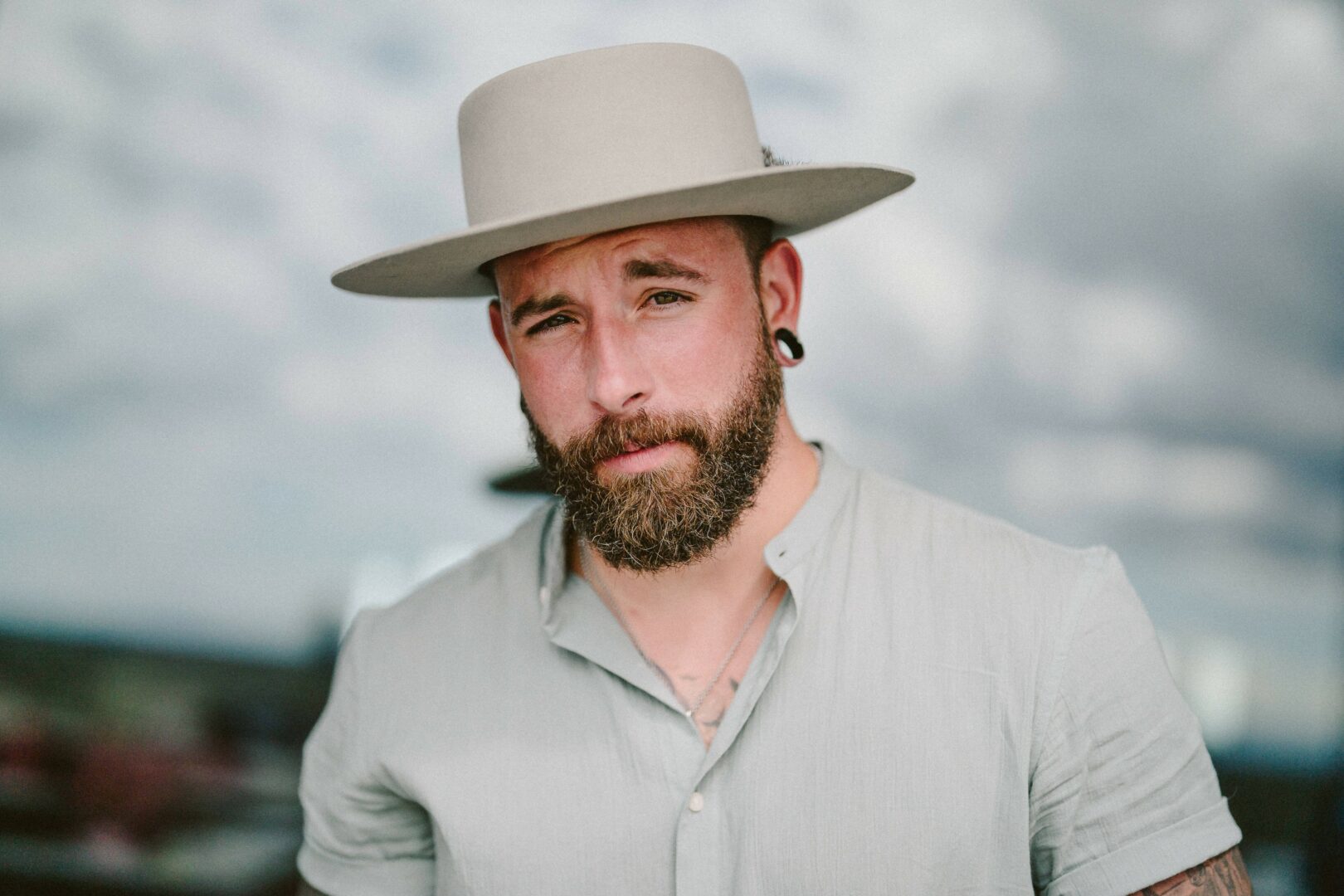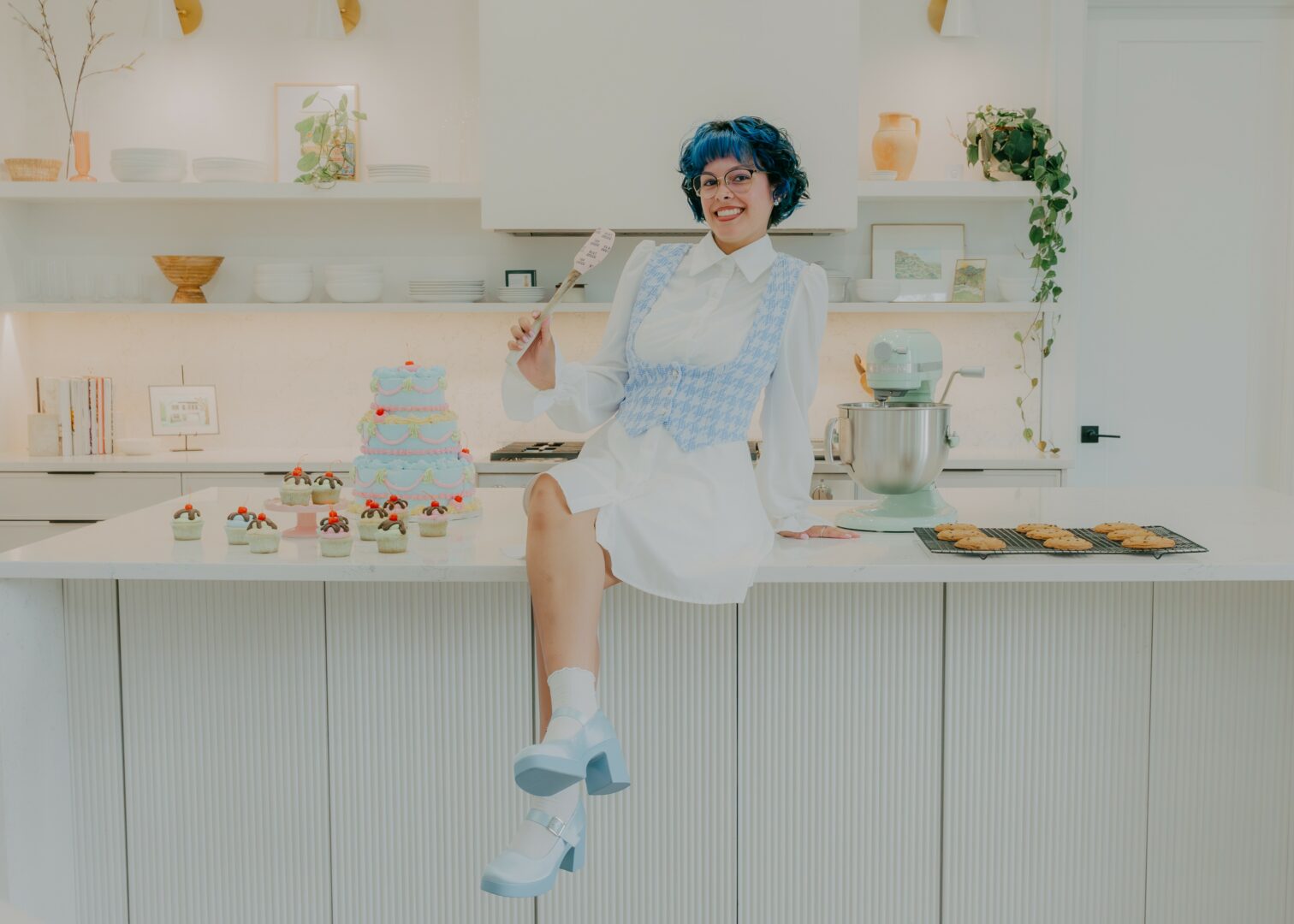We’re excited to introduce you to the always interesting and insightful Cici The Violinist. We hope you’ll enjoy our conversation with CiCi below.
CiCi , so good to have you with us today. We’ve got so much planned, so let’s jump right into it. We live in such a diverse world, and in many ways the world is getting better and more understanding but it’s far from perfect. There are so many times where folks find themselves in rooms or situations where they are the only ones that look like them – that might mean being the only woman of color in the room or the only person who grew up in a certain environment etc. Can you talk to us about how you’ve managed to thrive even in situations where you were the only one in the room?
As a classically trained Black violinist, I have often found myself as the only one in the room who looks like me. Classical music, a field historically dominated by white musicians, has presented unique challenges—but also immense opportunities. My journey has been shaped by resilience, confidence, and a deep commitment to my craft. Over the years, I have learned how to not only navigate these spaces but also thrive in them by embracing my artistry, expanding my musical identity, and remaining true to myself.
From an early age, I realized that stepping into these spaces required more than just skill—it required self-assurance. I had to own my space with confidence, knowing that I belonged in every room my talent and hard work had brought me into. Rather than seeing myself as an outsider, I chose to view my presence as a statement. I am here because I have dedicated years to mastering my instrument, refining my technique, and immersing myself in the rich tradition of classical music. Excellence has been my foundation, ensuring that my skills speak louder than any assumptions about who belongs in this field.
However, my journey has not been confined to classical music alone. While my training is rooted in classical techniques, I have seamlessly merged classical and contemporary styles, using my foundation to explore and perform other genres. Whether it’s gospel, R&B, jazz, or pop, I have found ways to infuse my playing with a unique blend of precision and expression. This versatility has allowed me to redefine what it means to be a classically trained violinist, breaking barriers and expanding the scope of my artistry.
Even when I am the only one in the room, I remind myself that I am not alone. I have built a community of mentors, peers, and students who understand the challenges and triumphs of this journey. I also recognize the importance of mentorship—not just for my own growth, but for the next generation of Black musicians who need to see themselves represented in classical and contemporary music spaces. By mentoring and inspiring others, I contribute to a future where more diverse voices can flourish in this art form.
Authenticity has been a cornerstone of my success. In a field where assimilation can feel like the easier path, I have learned that my identity is not something to be downplayed—it is something to be celebrated. Whether it’s embracing my natural hair, incorporating diverse influences into my music, or standing firm in my cultural perspective, I have found strength in being unapologetically myself.
Beyond performance, I also see my role as an advocate for inclusivity in classical music. Representation matters, but so does awareness. Through my presence, my music, and my engagement with audiences, I aim to challenge outdated perceptions and expand the narrative of what classical music looks like. By educating others and introducing them to a broader musical landscape, I contribute to a more inclusive and enriched world of music.
Being the only one in the room is not always easy, but it has given me the determination to carve out space—not just for myself, but for others who will follow. My music is my voice, and with every note I play, I reaffirm that classical music is for everyone.
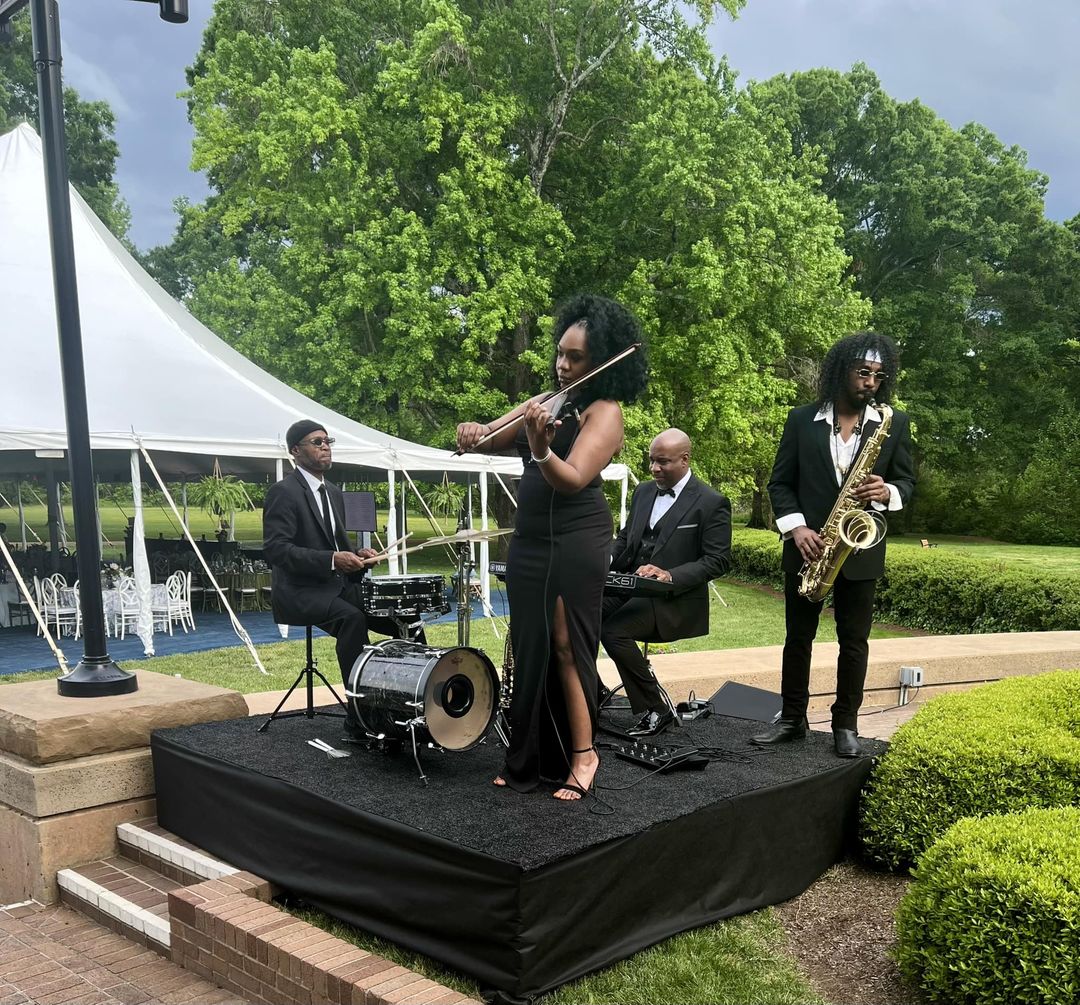
Thanks for sharing that. So, before we get any further into our conversation, can you tell our readers a bit about yourself and what you’re working on?
I am a classically trained violinist from South Carolina with a passion for blending classical and contemporary music. My journey with the violin began at an early age when my talent was recognized by a generous teacher who provided me with free private lessons. Coming from a middle-class family as an only child, I understood early on that opportunities like this were rare. That experience shaped not only my musicianship but also my dedication to giving back. I firmly believe that every student deserves a chance to learn, regardless of their financial situation, which is why I am passionate about mentoring and inspiring the next generation of musicians.
While my foundation is rooted in classical technique, I have built a career that extends far beyond traditional concert halls. I love merging genres—bringing elements of R&B, gospel, pop, and jazz into my performances. Whether performing at weddings, private events, or major arenas, my goal is to connect with people through music and showcase the violin in fresh, unexpected ways.
Throughout my career, I have been blessed with incredible opportunities, including performing with The Greenville Symphony Orchestra alongside “The Eagles” rock band—an unforgettable experience that perfectly embodied my love for genre fusion. Most recently, I had the honor of performing “The National Anthem” at the University of South Carolina and UCONN Women’s Basketball Game, a moment that was both thrilling and humbling.
As I continue to grow my brand, I look forward to more exciting performances, collaborations, and ways to give back to young musicians. Whether through live performances, studio recordings, or mentorship, my mission remains the same: to inspire, innovate, and ensure that every student, no matter their background, has the opportunity to experience the transformative power of music.
Stay tuned for upcoming performances and projects—I’m just getting started!
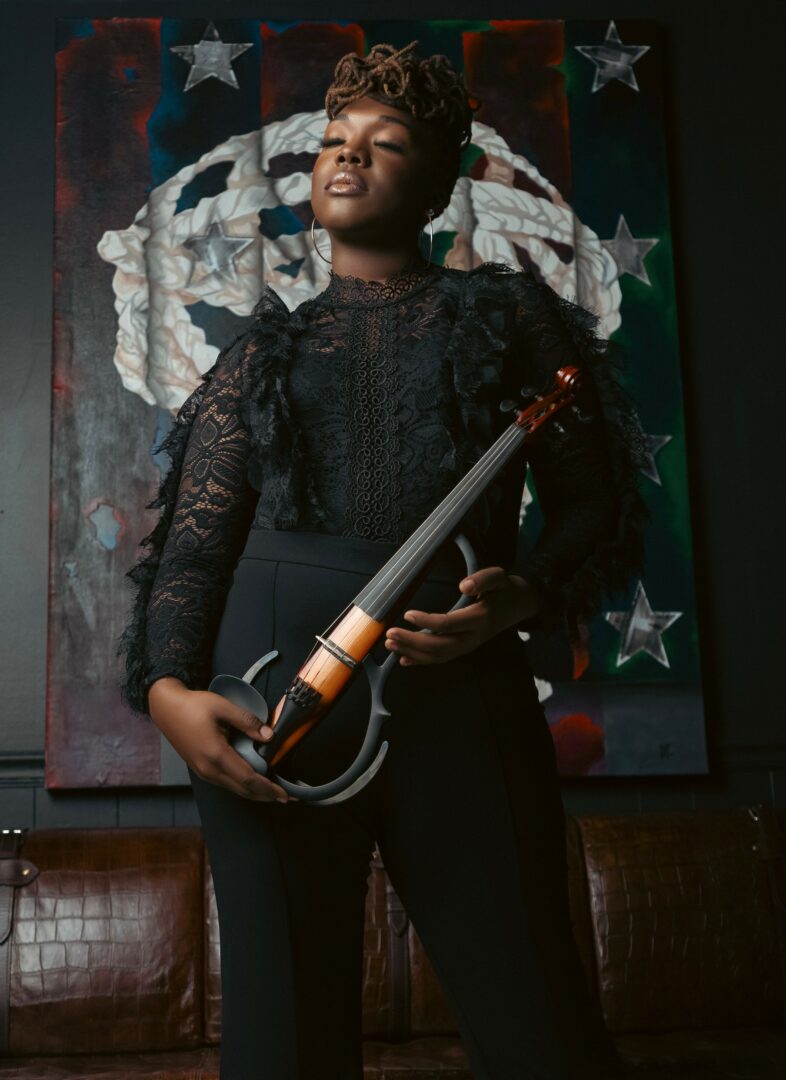
Looking back, what do you think were the three qualities, skills, or areas of knowledge that were most impactful in your journey? What advice do you have for folks who are early in their journey in terms of how they can best develop or improve on these?
Looking back on my journey as a violinist, I’d say the three most impactful qualities that have shaped my career are discipline, versatility, and resilience. Discipline has been the foundation of my success. Mastering the violin requires consistent practice, attention to detail, and a commitment to continual improvement. While natural talent is important, it’s the dedication to honing my skills that has set me apart. As a young musician, I learned early on that hard work and consistency were just as important as raw talent in becoming a great performer.
Versatility has also been key in my development as an artist. Although I am classically trained, I’ve always been passionate about merging different genres—whether it’s R&B, gospel, jazz, or pop. Being able to blend these diverse styles while staying true to my classical roots has allowed me to create a unique musical identity. It’s also helped me connect with broader audiences and perform in spaces where classical music is not always expected.
Resilience has played a huge role in my journey, especially in a field where representation can sometimes feel limited. There were moments when I was the only one in the room who looked like me, and that required mental toughness. Overcoming self-doubt and continuing to push forward in the face of challenges was essential. My advice to those starting their own musical journeys is to develop discipline through consistent practice, embrace versatility by exploring different genres, and never lose sight of your resilience. Keep pushing through the tough moments, and always remember that persistence and self-belief will get you through.
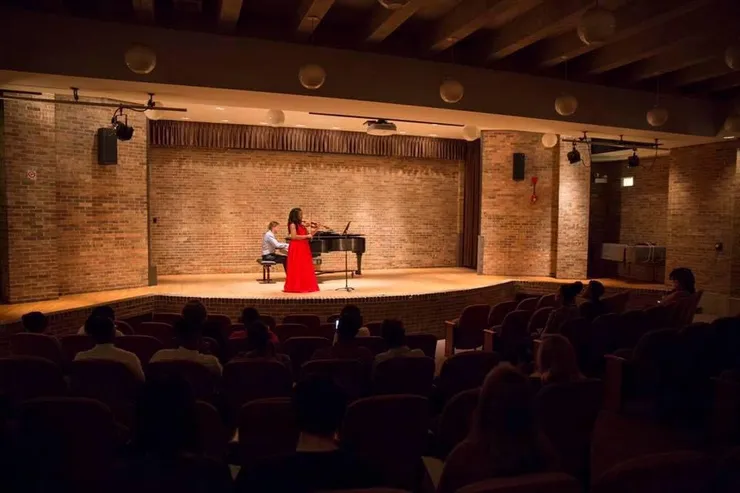
What do you do when you feel overwhelmed? Any advice or strategies?
When I feel overwhelmed, I often turn to prayer and reflection, seeking strength and peace in my relationship with Jesus Christ. He’s been my constant source of comfort, especially in times of deep sorrow. In the recent passing of my father, who was my biggest fan, it was His presence that truly carried me. Jesus has always been a healer and deliverer, and in those moments of grief, I’ve found solace knowing He’s by my side, never leaving me.
Some strategies that help me navigate overwhelming moments are:
1. Take a Pause and Breathe: Stepping away for a few moments to breathe deeply can help reset my mind. Sometimes it’s as simple as taking a few deep breaths and remembering that I’m not in this alone.
2. Focus on Gratitude: Reflecting on the blessings I still have, like my faith and the love I’ve received, helps shift my perspective from overwhelm to appreciation. It’s not always easy, but it grounds me.
3. Prayer and Meditation: When my thoughts are scattered, I talk to Jesus in prayer. I remind myself that He is the comforter and healer, and I trust that He will help me through the moment.
4. Reach Out for Support: I lean on loved ones or close friends when I need encouragement. Being surrounded by those who understand and lift me up can make a big difference.
5. Take Small Steps: Breaking down big tasks into smaller, more manageable steps can help make things feel less daunting. It’s about finding a rhythm, one step at a time.
During overwhelming moments, I remember that God’s strength is made perfect in our weakness (2 Corinthians 12:9). He’s always with me, and knowing that brings peace amidst the chaos.
Contact Info:
- Website: https://www.cicitheviolinist.com
- Instagram: https://www.instagram.com/cicitheviolinist
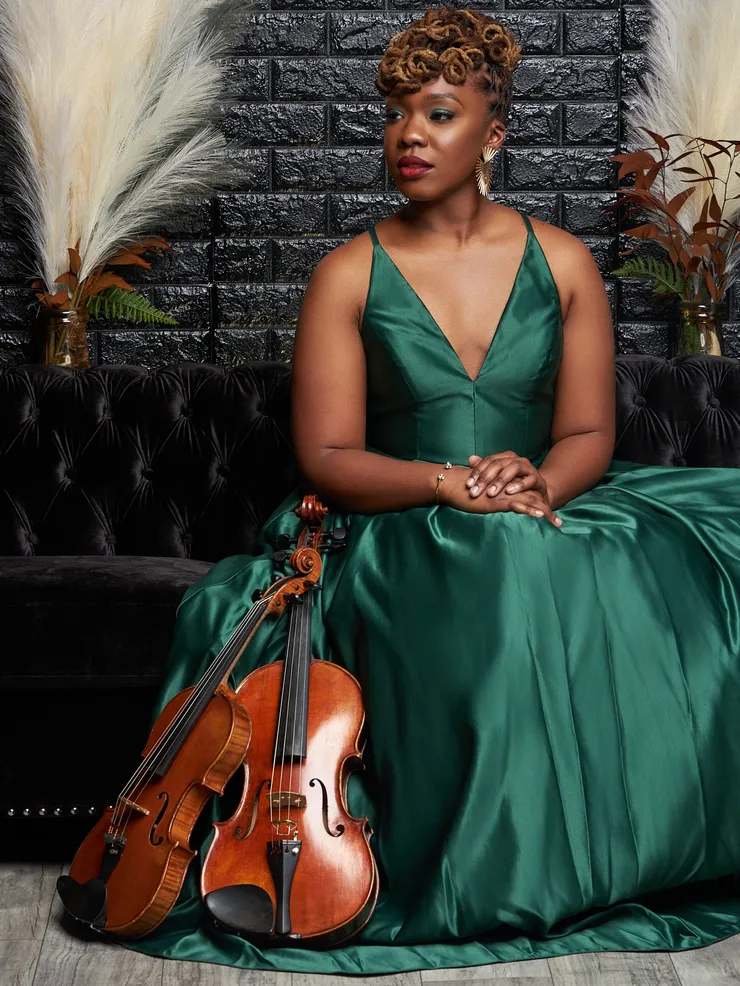
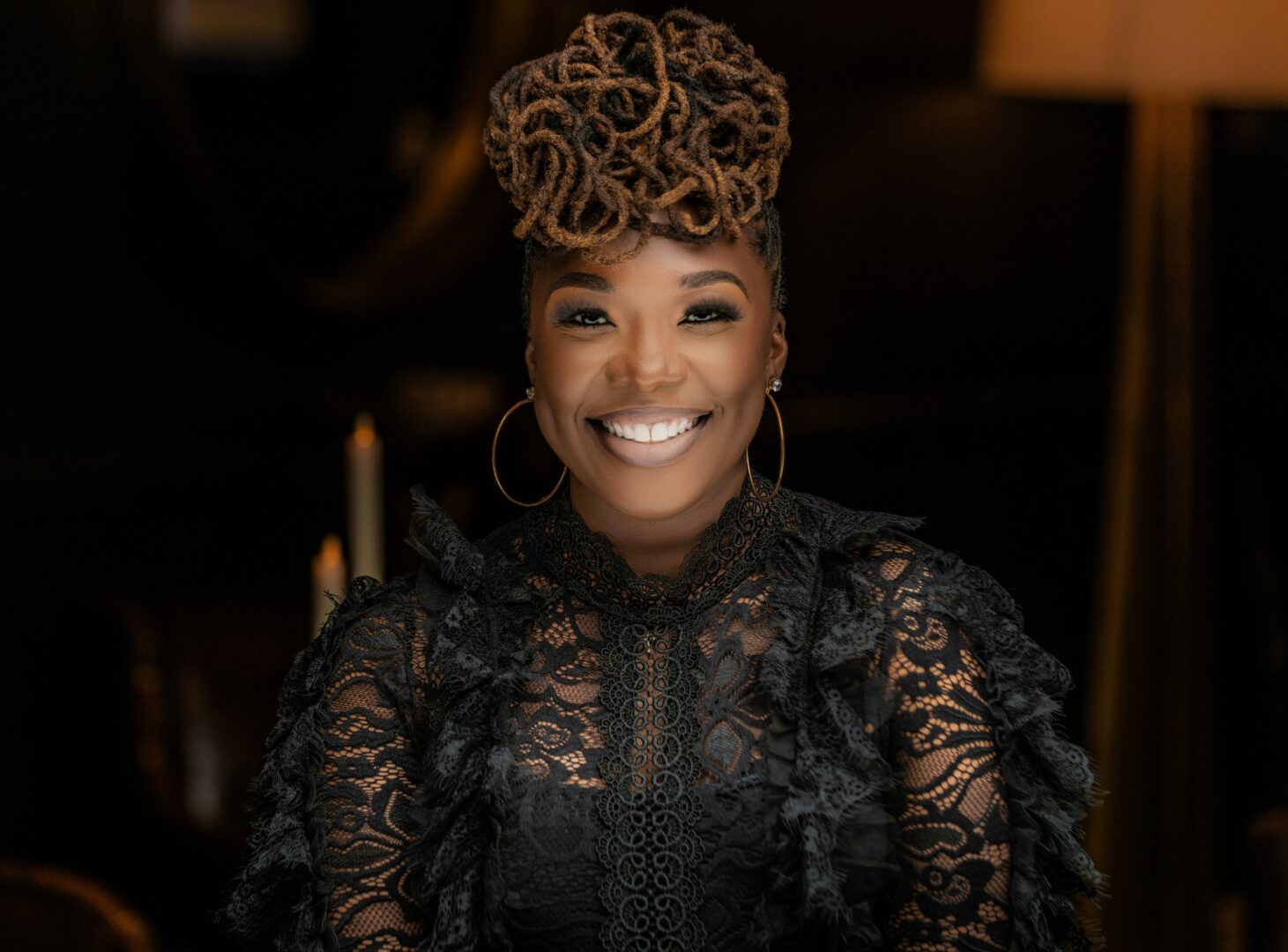
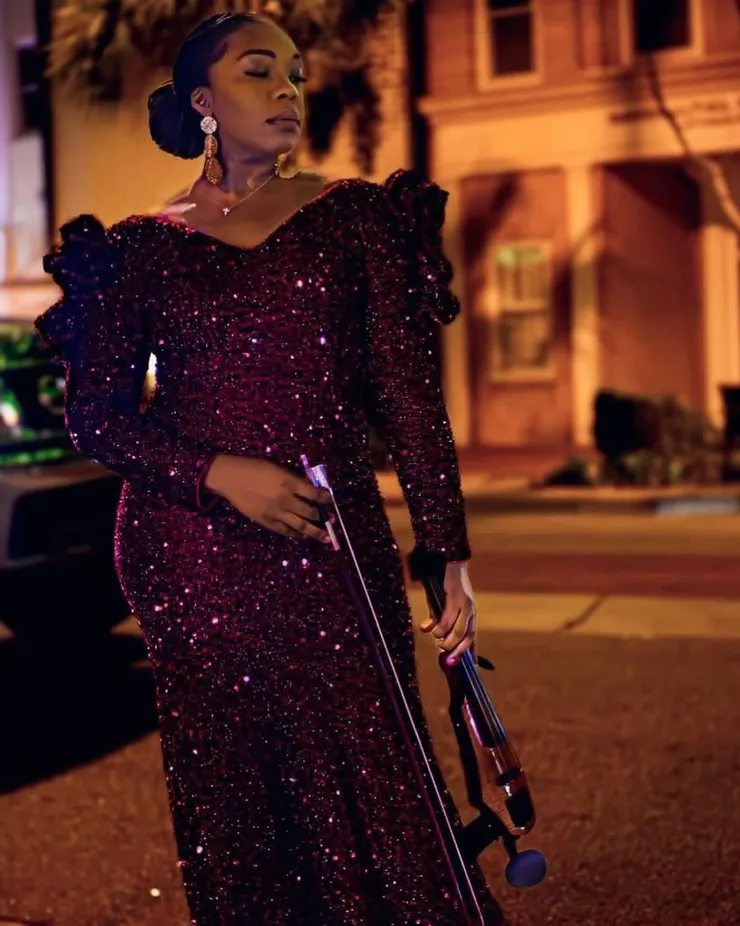
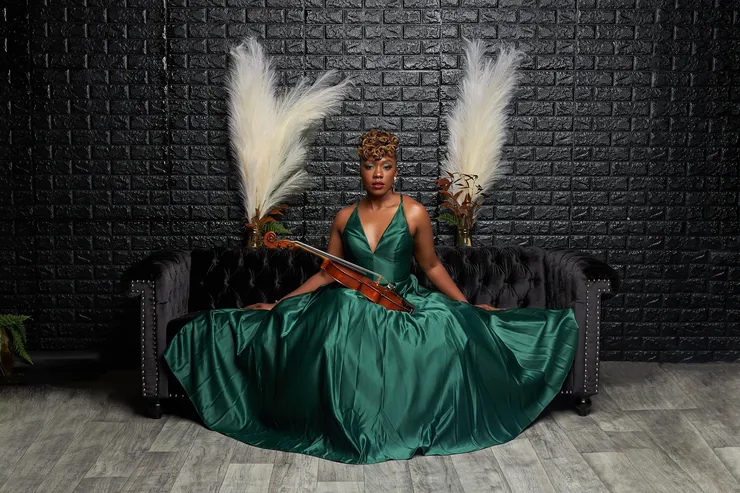
Image Credits
Aaron Smalls
Jeremiah Drummond
so if you or someone you know deserves recognition please let us know here.

